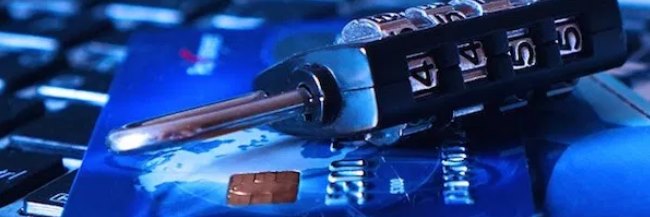
Obtaining Unsecured Credit Cards with Bad Credit
As of the most recent data available, the average credit score in the United States is quite high, at 695. However, over 30 percent of the population has what is known as bad credit, putting them at a severe disadvantage, especially in light of the country-wide credit rating improvement. For individuals without a good rating, finding a credit card can be difficult. Thankfully, here at Bonsai Financial, we can help you find a creditor with terms, rates, and fees you can easily live with. In many cases, this is in the form of an unsecured credit card.
Secured vs. Unsecured Credit Cards
Secured cards require the borrower to make a financial deposit before being granted the card. This deposit ranges in price but tends to be set at a $200 minimum. If you have particularly bad credit, it may increase. This collateral is then kept by the company to use towards paying off the card should your account fall into delinquency. If you make all your payments on time, some companies return the collateral at the end of your term.
When you apply for an unsecured card, you do not need to put up any collateral. This means that if you do not make your payments, the creditor needs to find other ways of recovering the money. Before you choose which type of card you should pick, be sure to spend some time thinking about your own financial stability and security. If after this reflection you have no fears or concerns about making your monthly payments, an unsecured card may be right for you. It is harder to qualify for an unsecured card than one that is secured. However, unsecured ones can help you restore credit faster and often carry more perks.
What to Consider When Choosing a Card
When you are speaking with us at Bonsai Financial about your unsecured credit cards options, be sure to keep a few things in mind as you are introduced to different cards and creditors. First, consider the annual fees associated with each card. Are they excessive? Or is there a good reason to consider paying them? For example, some annual fees come with certain perks or discounts that could, over the course of the year, exceed the fee itself.
Secondly, look at the annual interest rate. This is a key detail that could determine if the card is feasible for you given your financial circumstances. When speaking with your Bonsai Financial advisor, talk about the maximum interest rate you think you could handle over a year and focus on finding cards that fall within that range.
Thirdly, ask about balance transfer. If you do not wish to obtain a debt consolidation loan, you can still use a credit card to pay off an existing debt. For example, if your new card has a lower annual percentage rate, you may want to transfer existing debt to that card. This helps you pay off your debt much faster.
Individuals with bad credit do not need to live that way. With an unsecured card, you can help restore your credit while benefiting from all the conveniences it offers. Applying for a card directly from a creditor can be a bit daunting, especially for those with bad credit. Instead, contact us at Bonsai Financial. We work with creditors and lenders, ensuring all your credit needs are met.
